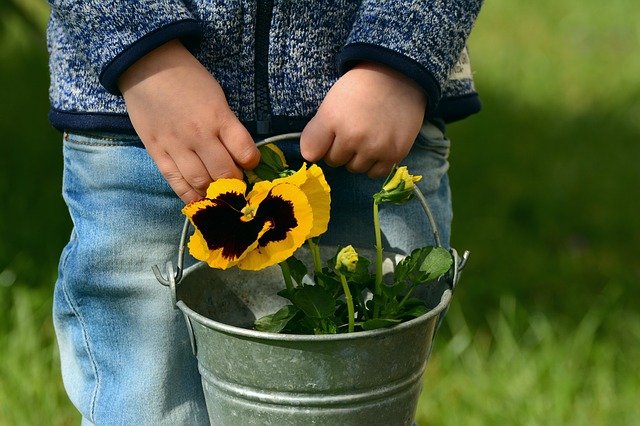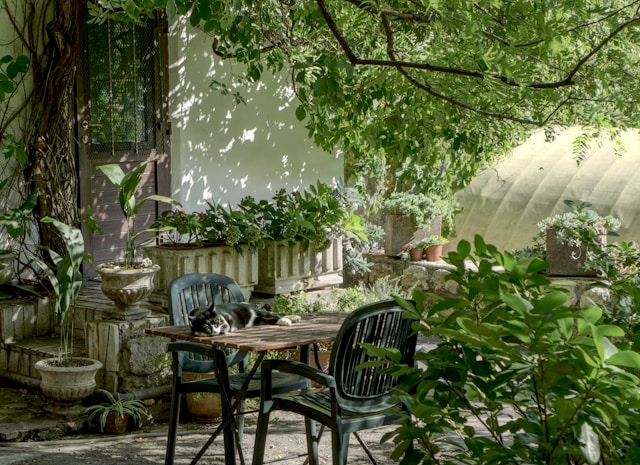Author: Cherri Megasko
Now that spring is finally here, you may be thinking of all those things that need to be done around the house. Cleaning, maintenance, and gardening might top your list.
As you break out the power washer and garden tools, keep the environment in mind. There’s a more eco-friendly way to do almost anything. Here are some ideas.
Household cleaners
Many of the cleaning products we’ve used for most of our lives contain harsh chemicals that are often toxic to our environment. In truth, they aren’t really necessary at all. Vinegar contains 5 percent acetic acid, making it a decent antimicrobial product that also kills mold.
When used in combination with table salt or hydrogen peroxide, it can even inhibit the growth of E. coli. Drying your wash in full sun can help brighten your whites, making bleach unnecessary for your laundry, and baking soda can be used as a scrub to remove toilet stains while absorbing odors at the same time.
Landscaping practices
Our yards elicit from us some of the most harmful environmental practices we exhibit. According to the EPA, about 30 percent of our water use goes to irrigation, with about 50 percent of that being lost to evaporation and runoff.
When working in your garden this spring, choose local plant varieties that are adapted to your specific region of the country, thus requiring less irrigation. When watering, use soaker hoses that dispense water slowly at ground level, and be sure to water at times of day when the sun is low and less likely to pose an evaporation threat.
Gardening products
Some of the most harmful products we use to go into our gardens. Imagine – we actually put poison on the plants we intend to eat. It doesn’t make any sense at all.
Instead, choose natural compounds for pest and weed control and say a permanent good-bye to products like Roundup and Sevin. For example, borax can deter ants, vinegar can kill weeds, and good old fashion hand-harvesting can get rid of hornworms.
Tree trimming
If you had winter storm damage to your trees, you will probably be doing some cleanup this spring. Keep in mind, however, that spring is nesting season for many birds and small mammals. Examine broken limbs closely before removal, and be sure to leave any that are providing nesting sites.
You may also want to check with your local extension office, as there are regulations that prohibit tree trimming at certain times if protected species nest in the area.
Springtime is a period of new growth and renewed energy, both for us and our planet. Be sure to reward the generosity of Mother Earth by making earth-healthy decisions and using eco-friendly products.

